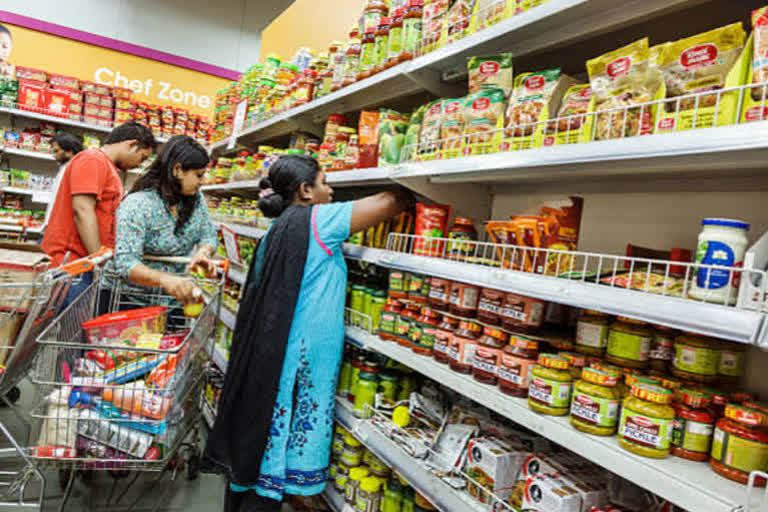New Delhi: Whether the consumer becomes king will be known soon as the Ministry of Consumer Affairs, Food and Public Distribution have issued a notification fixing July 20 as the date on which the Consumer Protection Act, 2019, will come into force.
The Consumer Protection Act, 2019, which replaces the Consumer Protection Act, 1986, had received the President's assent on August 9, 2019. Most of its provisions will come into force on July 20.
With its scope broadened by the introduction of various provisions, including bringing e-commerce within its purview, the new act aims at protecting and strengthening the rights of the consumers by establishing new authorities, imposing strict liabilities and penalties on product manufacturers, electronic service providers, misleading advertisers, and by providing additional settlement of consumer disputes through mediation.
There are changes in the consumer courts in number of members, honorarium, and staff cadre. The Act has the provision for a Central Consumer Protection Authority (CCPA), which is a new and revolutionary step and will give more teeth to consumer rights.
Through the new Act, the examination of manufactured products can be done on multiple levels, such as before, during or after the purchase, and if the product is found to be faulty at any level, then the entire batch of the product will be withdrawn from the market.
The CCPA, intended to promote, protect and enforce the rights of consumers as a class, would make interventions to safeguard rights of consumers in matters arising from unfair trade practices. It can also initiate class action, including enforcing recall, refund and return of products.
The Act also envisages a simplified dispute resolution process, and has provision for mediation and e-filing of cases. The consumer will be able to file cases in the nearest commission having the jurisdiction for the area in which he resides.
For the first time, there will be an exclusive law dealing with product liability. A manufacturer or product service provider or product seller will now be responsible to compensate for injury or damage caused by defective product or deficiency in services.
Presently, the consumer has only a single point of access to justice, which is time- consuming. Additional swift executive remedies are proposed in the act through the CCPA.
There are also provisions for deterrent punishment to check misleading advertisements and adulteration of products, and the product liability provision to deter manufacturers and service providers from delivering defective products or deficient services.
The Act also enables regulations to be notified on e-commerce and direct selling with focus on protection of interest of consumers.
Also read: Consumers falling back on lower-priced liquor due to COVID cess: Survey



